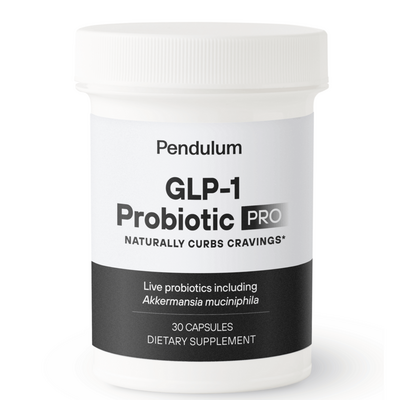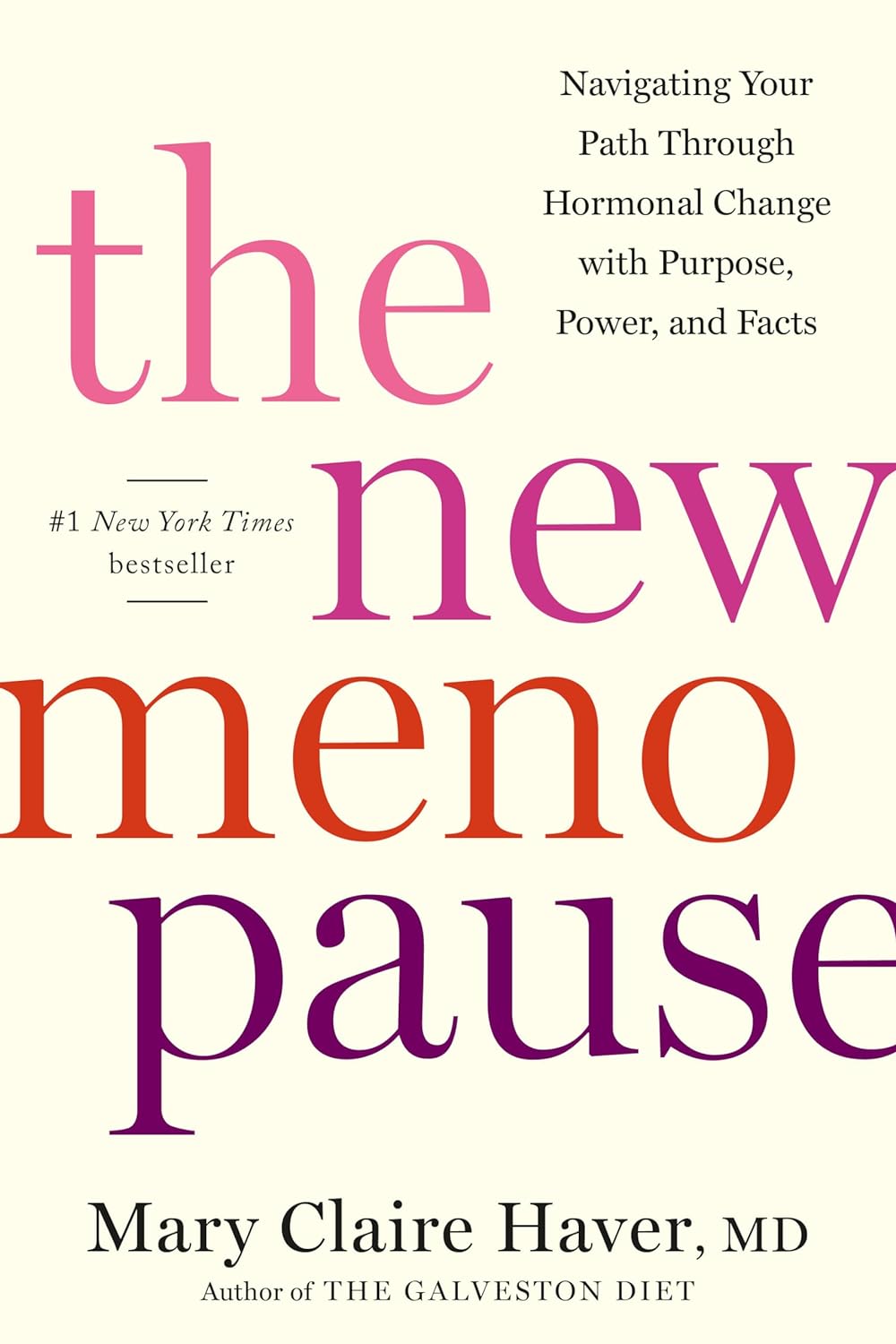When tough times bring you down, your ability to cope in a positive way is known as resilience. An essential skill for healthy development in childhood, resilience is critical to well being throughout our lifetime. The overriding question is this: as adults can we increase our capacity for resilience in order to lead more fulfilling lives?
The answer is YES. Resilience is not a super power; it’s an ordinary skill that anyone can develop at any age. Think of it as an emotional muscle that can be strengthened. Research shows that resilience is linked to wellbeing by way of positive emotions and coping strategies (e.g.,optimism, cheerfulness, gratitude, mindfulness). Benefits include:
- a healthier immune system
- lower risk of chronic disease
- faster recovery from illness/ surgery
- improved stress management
- less depression & anxiety
Six Secrets to Pumping Up Your Resilience:
Catch It Early– One trait of highly resilient individuals is a keen awareness for when things aren’t going right. We’ve all heard doctors say “good thing we caught it early,” and that applies to stress: Identify stress early in the process and you can be proactive in managing how it (and your emotions) affect you and your health.
Stay in the Light– Optimism is the ability to look at a dire situation and assess its meaning for your life. If a significant relationship has ended, there will be grief, confusion, anger and so on. There’s also an opportunity to re-examine your needs and explore what truly makes you happy. Amid dark times, you can mentally stay in the light by using positive affirmation, hanging-out with supportive people, and monitoring what you watch and read on a regular basis.
Look at What’s Next– We all tend to blame ourselves for setbacks, worrying about what could have been done/not done differently. To bolster resilience, remind yourself that even if you made a mistake, many factors likely contributed to the problem. Focus on next steps and see how the vibe of that situation changes from desperation to opportunity.
Recall Your Victories– We’ve all had shining moments of glory – whether at work, in sports, or potty-training a child. When you remind yourself of the challenges you have overcome, you give yourself a shot of resilience.
Manage Daily Hassles– Whether sitting in traffic or waiting in an unexpected long line when you’re in a hurry, use those moments to practice coping skills (deep breathing, for example). Those mindful-skills will come more naturally to you when a crisis hits and you’ll have made a big deposit in your resilience bank.
Break Routine– Routines feel comfortable and are necessary – to a point – but rigidity breeds stress. A sense of adventure, even a simple but challenging activity, helps build resilience by enhancing skills that prepare you to handle stress.
Can mindfulness really enhance your health and well-being? Nearly 4.3 million U.S. adults think so. That’s how many engage in ‘mindful practices.’
Reduce Stress With Mindfulness
Popular media refers to mindfulness as any generic process of paying attention in life (mindfully doing the laundry.) True mindfulness is more precisely defined as “being fully aware of one’s own mind, body, and surroundings by paying attention on purpose, in the present moment non-judgmentally and without attachment.”
It’s proven to be beneficial for various health concerns, often as good as, or better than, medication for:
- lowering blood pressure
- managing chronic pain and illness
- enhancing decision-making
- improving depression and anxiety
- recovering from surgery, trauma, and injury.
Being mindful helps people learn to be non-reactive to stress, pain or other triggers, and to decentralize it from the focus of their lives. This results in a cascade of hormonal effects that take the body out of high-alert mode. When the body and mind are relaxed, immune function is enhanced and healing can take place.
Give These Stress Busting Herbs a Try!
Panax Ginseng
Ginseng is a herbal medicine used widely throughout the world to moderate the effects of stress and support or enhance circulation, immunity, cognitive performance, and antioxidant activity. In fact, Ginseng is traditionally used in Asian countries to maintain homeostasis of the body and to enhance vital energy, or Chi. The herb has received significant research attention in Europe and the U.S, where the effects of stress play a role in quality of life and in many chronic diseases.
Recent research shows that Ginseng has anti-fatigue properties that support the health of cells by reducing oxidative stress (antioxidant activity) and help strengthen the immune system. Taken together, these properties can explain Ginseng’s use as remedy to help with recovery from fatigue and physical and mental stress.
There are several varieties of Ginseng but it is Panax Ginseng (Asian) and Panax quinquefolius (American variety) that has received the most attention.
Wild Oat
Wild oat (Avena sativa) is far more than a common breakfast cereal or baking staple. Oats are members of special medicinal herb group called nervines. For more than 150 years, traditional medicine practitioners have used nervines, such as Wild Oat, to quell anxiety, reduce stress, support healthy sleep, enhance cognitive function, and settle digestive stress.
As a tonic, Wild Oat extract is considered trophorestorative, meaning it can help return form and function to a particular organ by helping the body “remember” balance and optimal function (e.g., invigorating function when an organ is sluggish or reducing activity when an organ is overworked). Wild Oat is a slow acting remedy that helps calm the nerves, bring relief to emotional instability, and restore a sense of tranquility. It has been a part of holistic treatment for Chronic Fatigue Immune Deficiency Syndrome, PMS, panic and anxiety, hyper-reactivity, and for people who are persistently “on edge.”
Commonly used in tincture form, Wild Oat extract is a safe, gentle way to support nervous system health and restoration without the drowsiness associated with sedatives. It can also be prepared as an herbal infusion for tea. Preparation involves steeping in hot water until beverage has cooled to room temperature before drinking.









